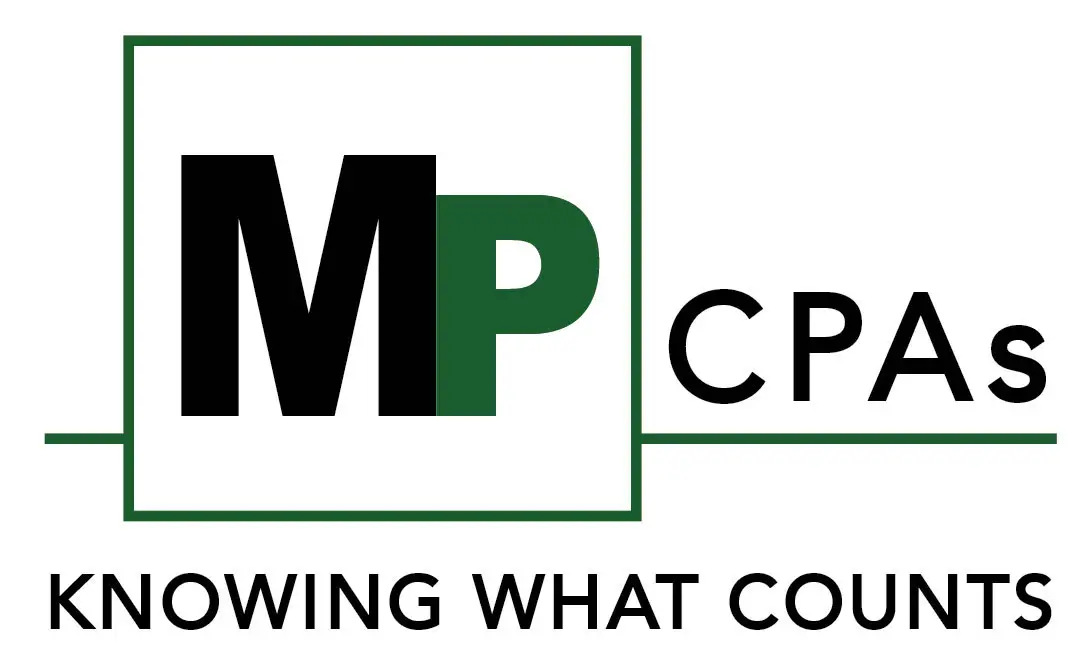Tax Residency Complexities: Insights from Jeff Laboe on Statutory and Domicile Tests
Tax residency can be a daunting and intricate aspect of financial planning. For high-net-worth individuals and business owners, navigating the complexities of state tax laws is essential. In this episode, we demystify the rules surrounding tax residency and provide valuable insights on how to protect your wealth while ensuring compliance with state regulations. As our experts elaborate, tax residency is not simply a matter of where you live; it’s about understanding the various factors that determine residency status and the implications it can have on your financial situation. We start by discussing the two primary tests for determining tax residency: statutory residency and domicile. The statutory residence test, based on the famous 183-day rule, requires individuals to track the number of days spent in a state. Meanwhile, domicile, which can be less straightforward, encompasses the intention of making a state your permanent home. The auditors typically place greater importance on domicile, as it carries implications regarding your overall tax liability.
Furthermore, we delve into the different nuances among states. The taxation landscape is evolving, with states seeking to enhance compliance and ensure that their residents meet the necessary requirements to be considered a non-resident. As listeners will learn, states where individuals are moving often have an incentive to claim those individuals for tax purposes, raising the stakes for anyone attempting to change their residency. The episode highlights that simply leaving one state is not enough; establishing a new domicile is crucial. Factors such as personal income, property ownership, and even lifestyle changes can influence which state claims residency.
A significant point of discussion is the impact of multiple properties on tax residency. Individuals with homes in various states need to be especially vigilant about their residency status, as this can lead to complications with taxes. It’s vital to understand that a resident state can tax all income, while non-resident states only tax income sourced from their jurisdiction. Thus, knowing where to file tax returns and the implications of income sourcing can save individuals considerable funds and headaches.
To help our audience navigate these waters, we lay out several proactive strategies to minimize the risk of an audit. Having clear documentation of your intentions and lifestyle changes is essential. Establishing a new home involves more than simply moving your possessions; it requires vehicle registration updates, changes in insurance, and possibly new medical professionals. Keeping evidence of these changes can significantly bolster your position during an audit and demonstrate to the state auditors that you’ve genuinely completed the transition.
Planning ahead is hugely beneficial. Whether it’s thinking about retirement or relocating for business, starting the planning process early aids in smoother transitions. Individuals are encouraged to seek the guidance of tax professionals who can provide assistance tailored to their unique circumstances. This consultation can help identify the right opportunities for optimizing tax liabilities and ensuring full compliance with residency rules.
Throughout our episode, we highlight that navigating tax residency doesn’t have to be an overwhelming experience. With the right knowledge, proactive steps, and expert guidance, listeners can feel empowered to make informed decisions that align with their financial goals. We encourage our audience to reach out to us for further conversation because the complexities of tax residency are not something to be taken lightly but rather approached with careful consideration and professional support.





